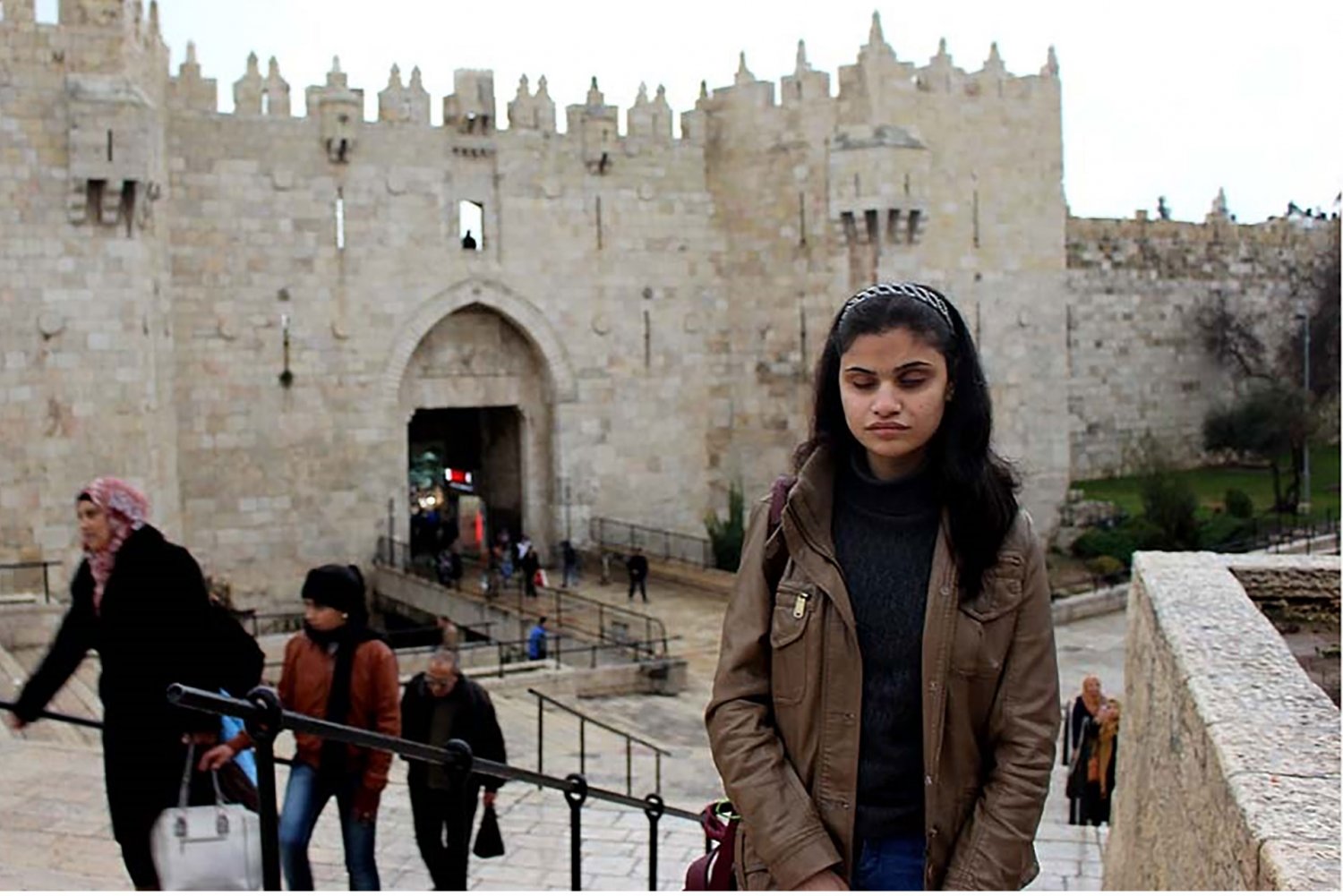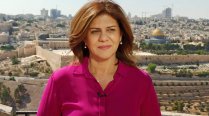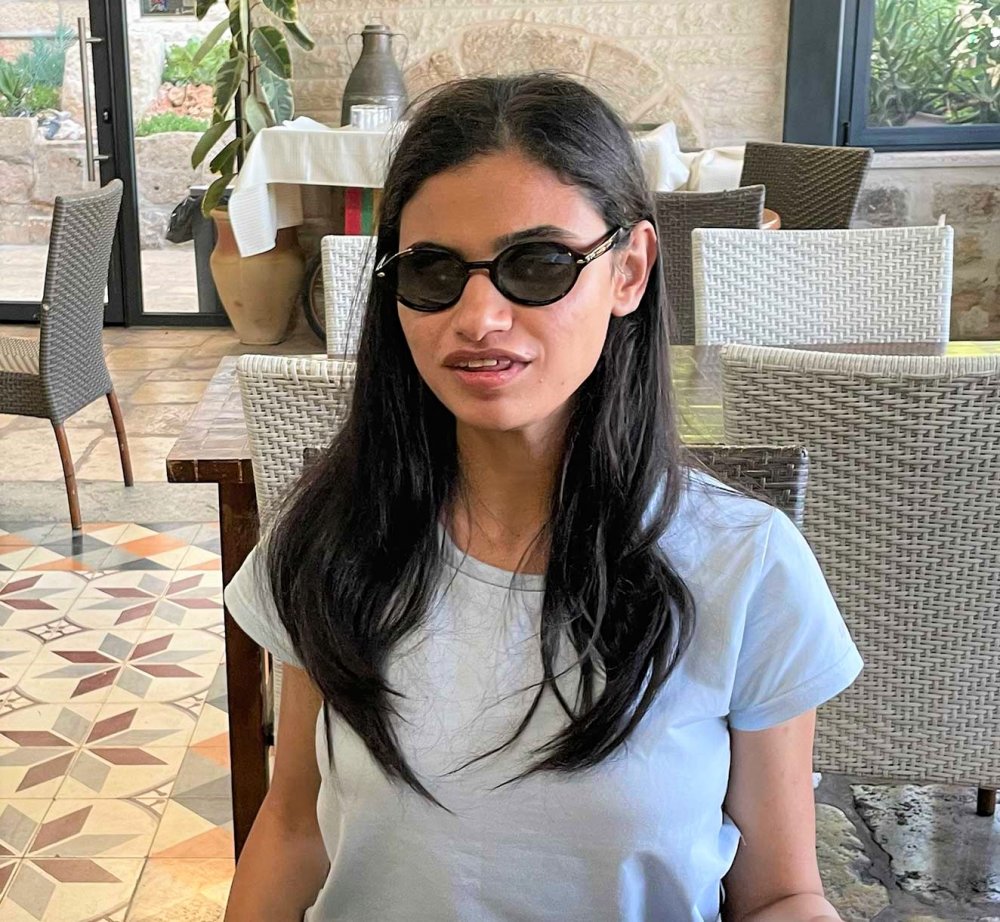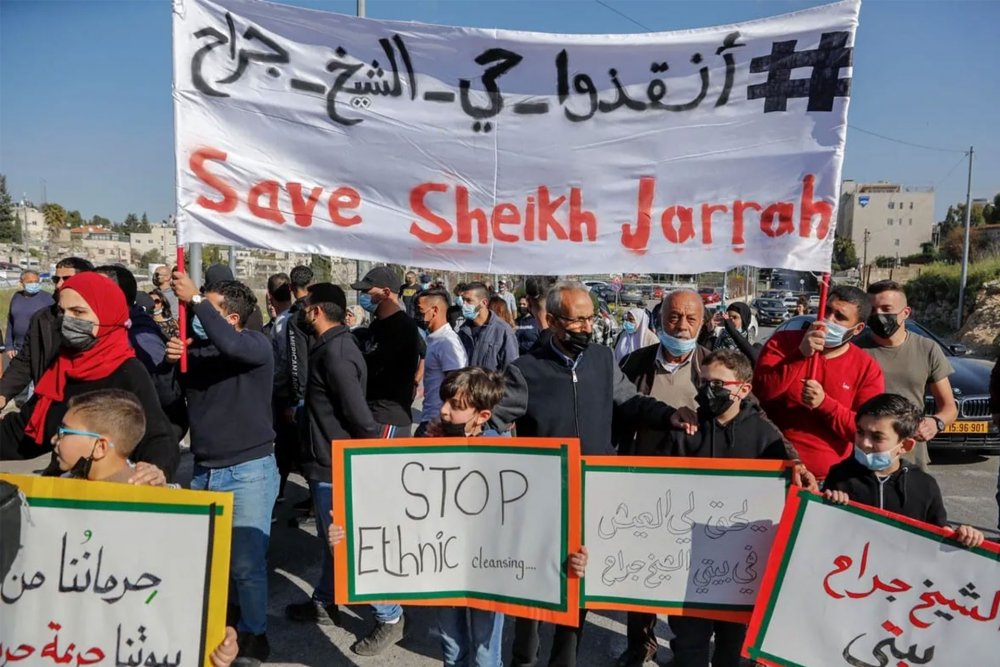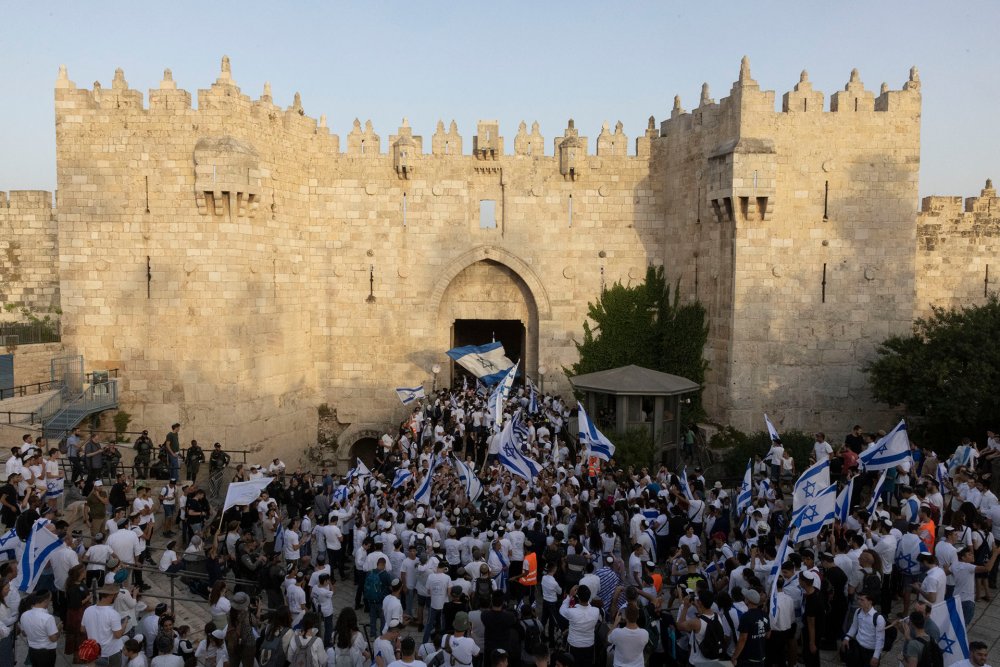Hassan is passionate about storytelling, which she finds therapeutic. “They never sat us down for therapy,” she said. “As Palestinians, we consider mental health as a luxury, but in fact, we are not healthy as a people— we have a huge amount of pain. We have many issues. We as Palestinians are collectively damaged.” Telling these stories, she explained, is therefore a powerful tool by which oppressed and traumatized people can regain their sense of agency, capture their own narrative, and share it in the communal space.
we have a huge amount of pain. We have many issues. We as Palestinians are collectively damaged.” Telling these stories, she explained, is therefore a powerful tool by which oppressed and traumatized people can regain their sense of agency, capture their own narrative, and share it in the communal space.
She finds her haven in literature and poetry, which help her writing. She takes comfort in the classics—Jane Austen, George Eliot, Virginia Woolfe, and Tolstoy are among her favorites—and draws courage from reading African American and Latin American writers.
Hassan writes to bring to light untold stories, such as those of Palestinian shuhada and detainees. While there is no shortage of either, the public generally hears about only a few.
Hassan also investigates the circumstances surrounding the withholding by Israel of Palestinian corpses killed during attacks on Israeli soldiers or settlers or merely suspected of committing them, a practice that Israel unofficially halted in 2004 and then officially and openly resumed in October 20151 and that the Supreme Court upheld in 2019.2 From that point up to July 2022, according to local sources that track these data, Israel has withheld 104 Palestinian corpses of Palestinians, much of which remain in freezers at the morgue for some putative future use as bargaining chips.3
Hassan also draws attention to the approximately 250 other individuals who have been buried by Israel in the “cemeteries of numbers” where their only identification mark is a number on a metal plaque.4 The cemeteries are closed military zones; the public is banned from entering. This practice, she points out, denies families a fundamental human right and violates burial traditions as the final act of respect that can be accorded to the dead. As Hassan put it in an article she wrote for ROAR magazine:

